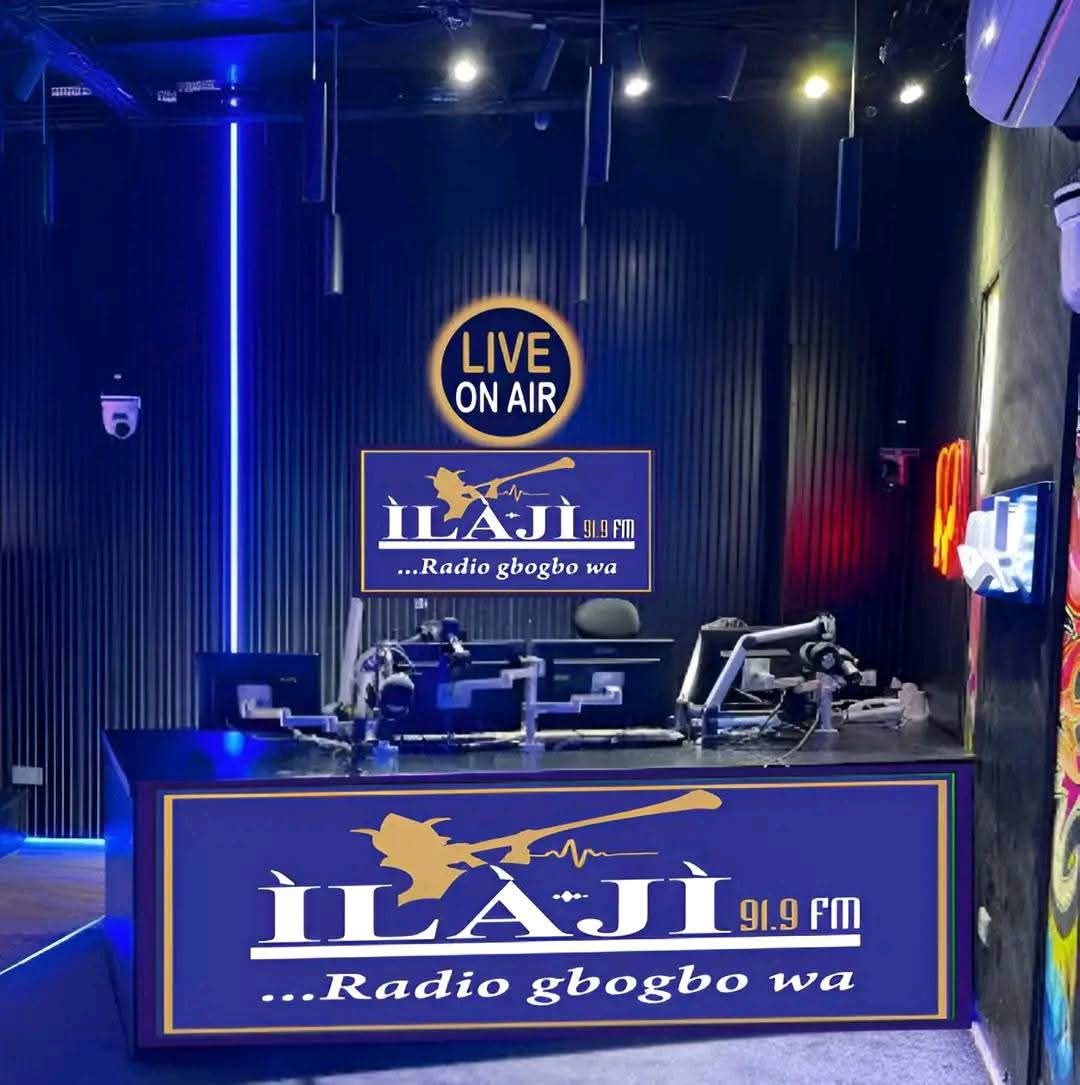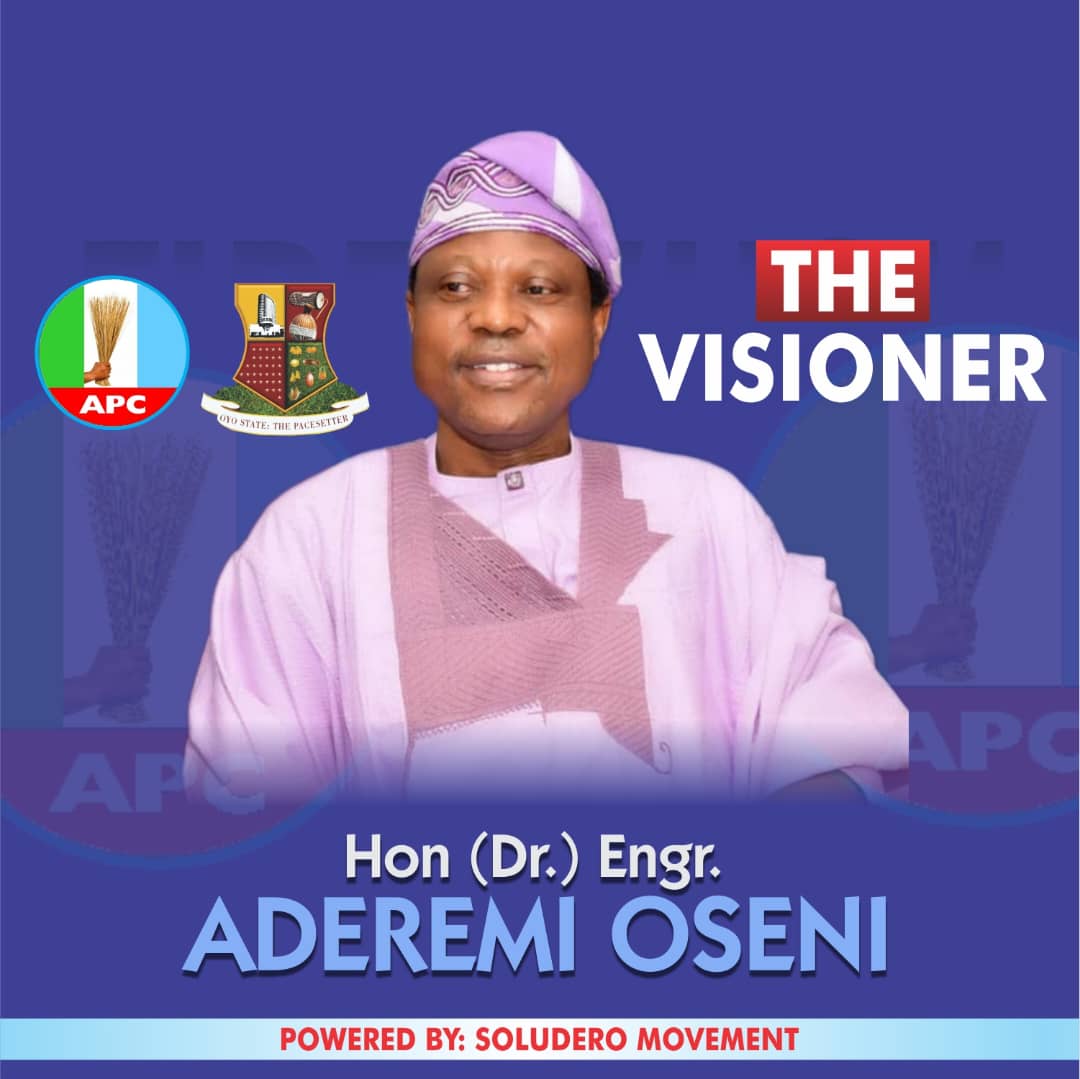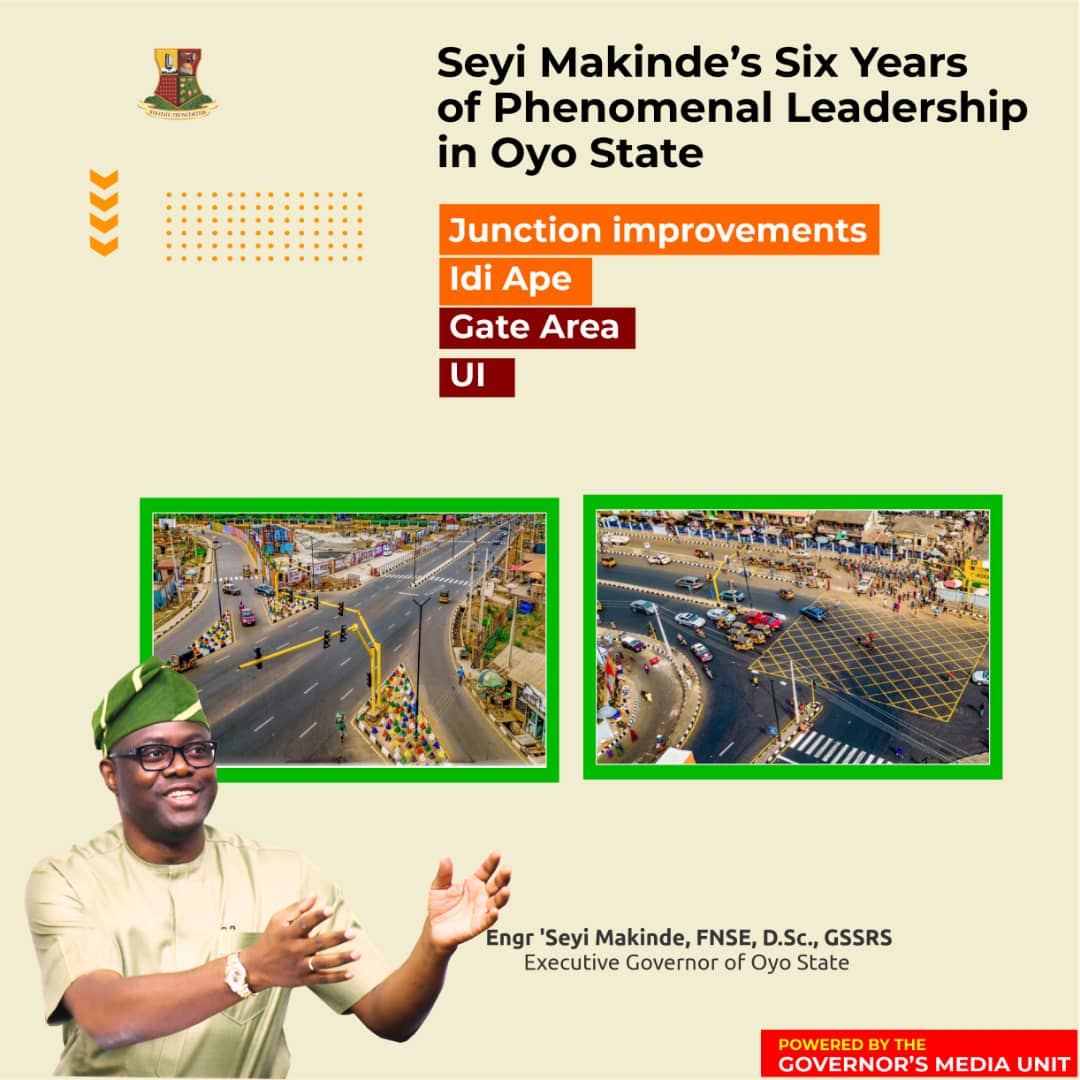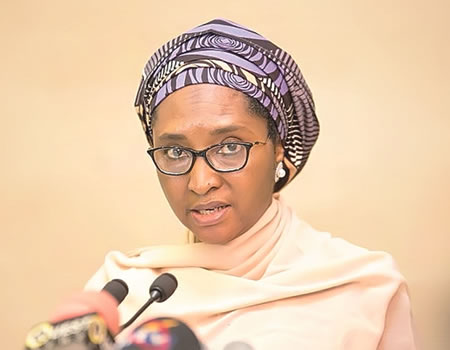THE Federal Government is contemplating the replacement of fuel subsidy with a monthly N5,000 fuel grant to the nation’s most vulnerable citizens.
The gesture will span between six months and one year even as the government contemplates ending fuel subsidy mid-2022.

According to the Minister of Finance, Budget and National Planning, Zainab Ahmed, who disclosed these at the launch of the World Bank Nigeria Development Update in Abuja on Tuesday, between 30 and 40 million poor Nigerians will benefit from this intervention.
The minister said the final number of beneficiaries will depend on the resources available after the removal of the fuel subsidy.

This means the government would spend between N1.8 trillion and N2.4 trillion on fuel grant in one year.
The Group Managing Director of the Nigerian National Petroleum Company (NNPC), Mele Kyari, had disclosed earlier in the year that the federal government spends between N140 billion and N150 billion on premium motor spirit (PMS) subsidy monthly.

According to Mrs Ahmed, “The subsidy regime in the sector remains unsustainable and economically disingenuous.”
She added, “Ahead of the target date of mid-2022 for the complete elimination of fuel subsidies, we are working with our partners on measures to cushion potential negative impact of the removal of the subsidies on the most vulnerable at the bottom 40 per cent of the population.
“One of such measures would be to institute a monthly transport subsidy in the form of cash transfer of N5,000 to between 30 – 40 million deserving Nigerians.”
The minister also stated that, “We are very optimistic that the recent developments in the oil sector, such as the Petroleum Industry Act (PIA) 2021, hopefully, the full reactivation of the four public refineries in the country, and the completion and coming on stream of the three private refineries under construction in 2022, would significantly boost contribution from the sector to our economic growth efforts.”
Mrs Ahmed, who first mentioned the idea of a transport grant for the poor while featuring on a television programme last week, had said on the show that, “What we are doing now is we’ve been negotiating with labour. We are planning and deploying compressed natural gas (CNG) which is an alternative to mass transit to PMS.
“But we are also looking at providing some palliatives for a large number of the population in terms of maybe a transport subsidy for a short period like six months or if it is long, maybe nine months or maximum 12 months.
“Transport subsidy that would be given directly to individuals. What is constraining us is the issue of registration. The national identity registration process is ongoing and we want to make sure that this subsidy goes into the hands of the right people.
“That we can make transfers to people using their BVNs, account number and national identity number, and we know that it has gone to the right people.
“That is part of the things we are negotiating and working on. We are also engaging with the World Bank in designing a programme that will help us to provide succour for at least a minimum of six months, maximum of 12 months to enable us to make that transition.”

